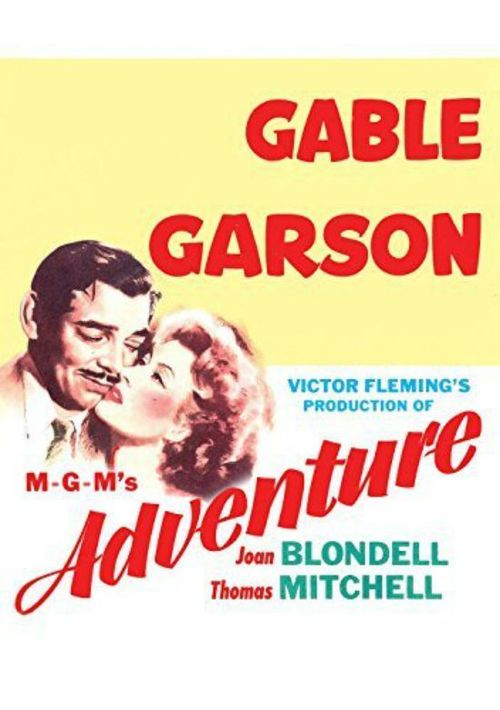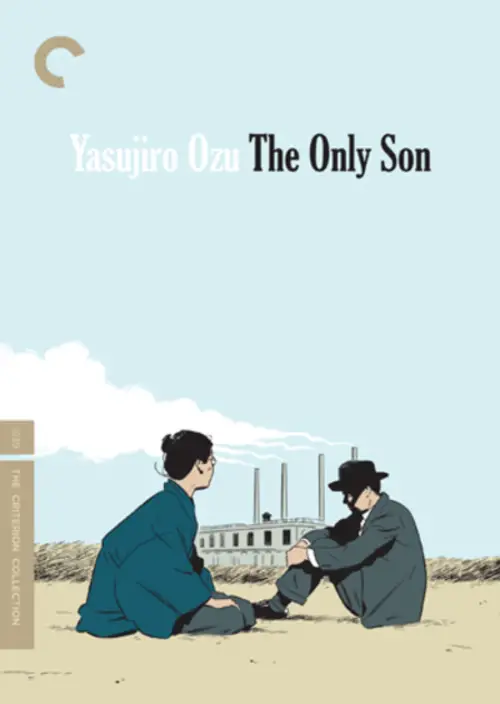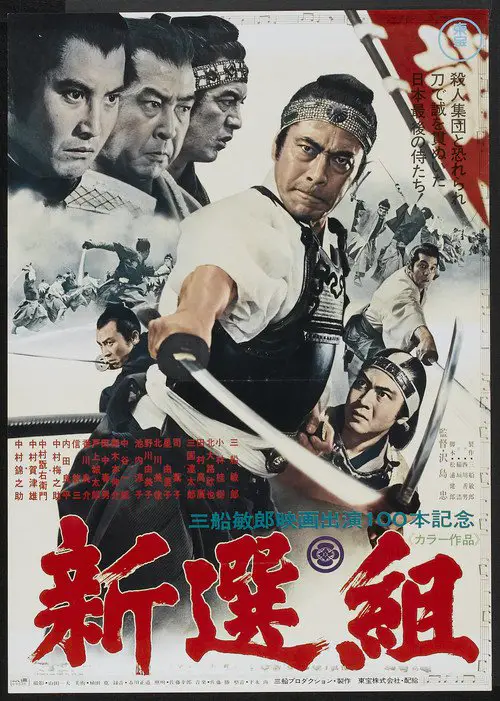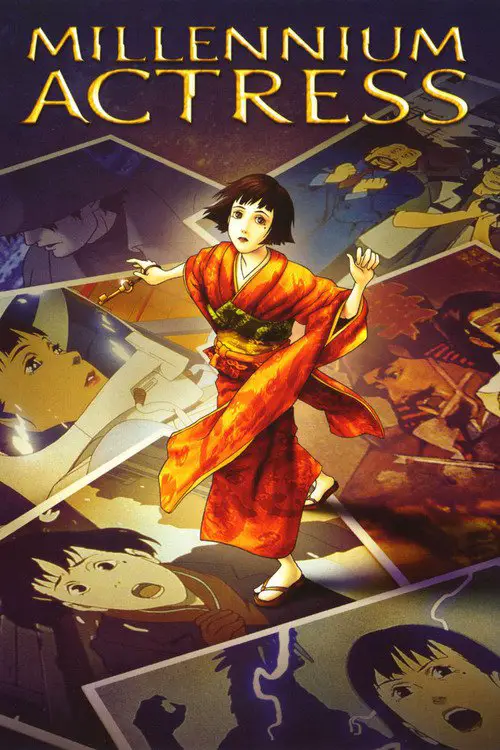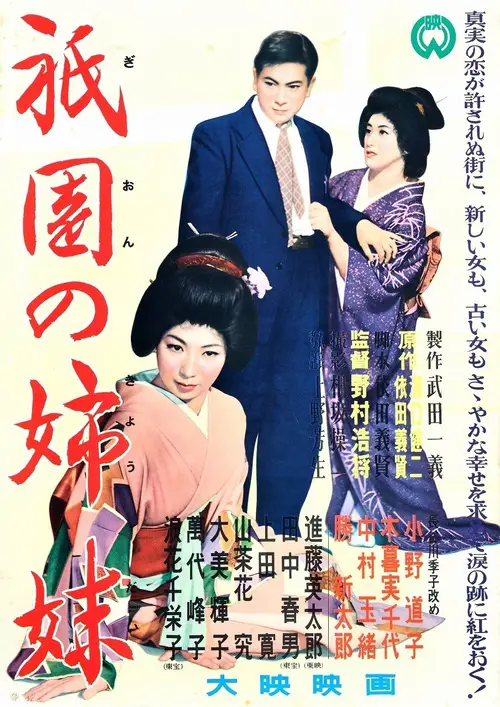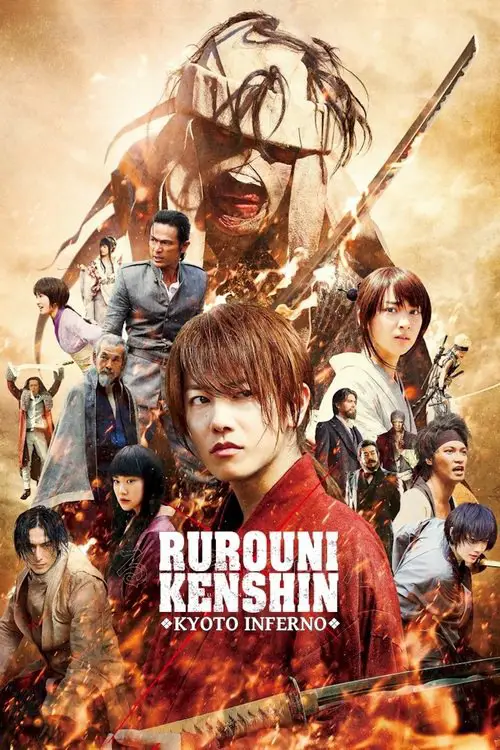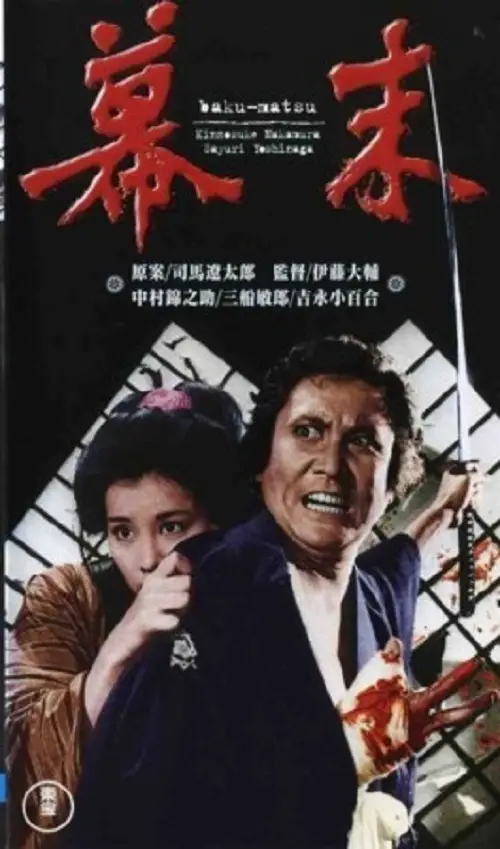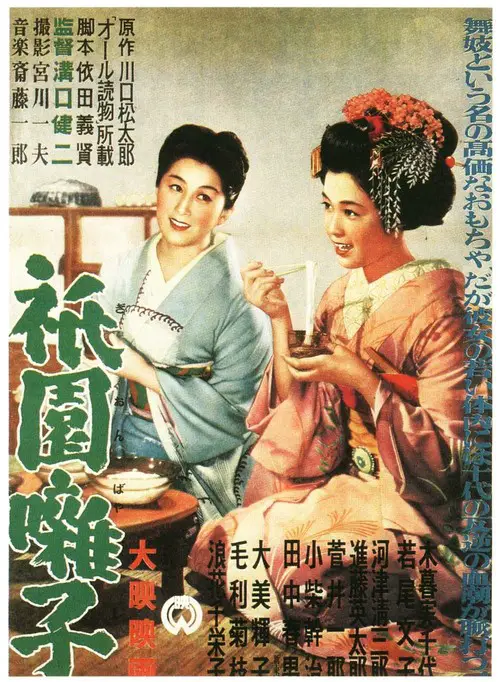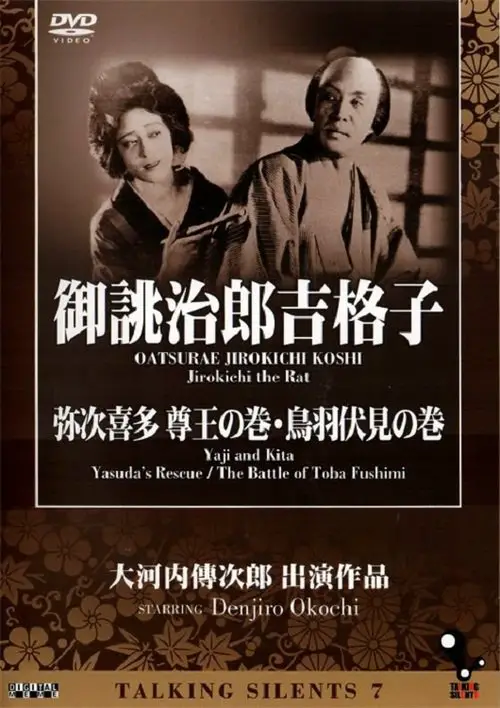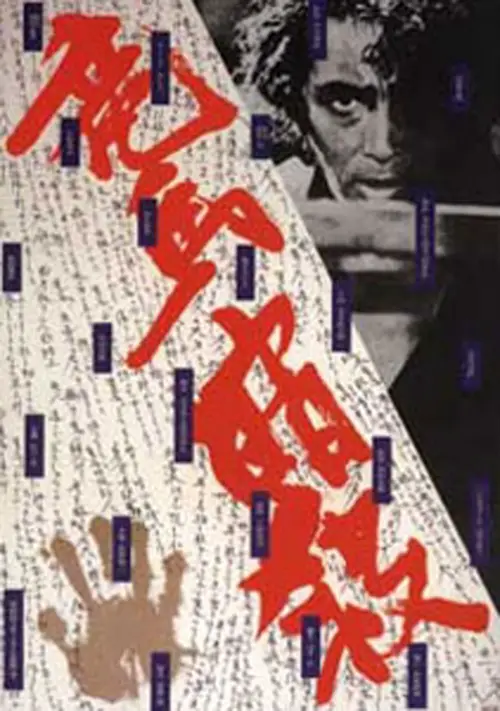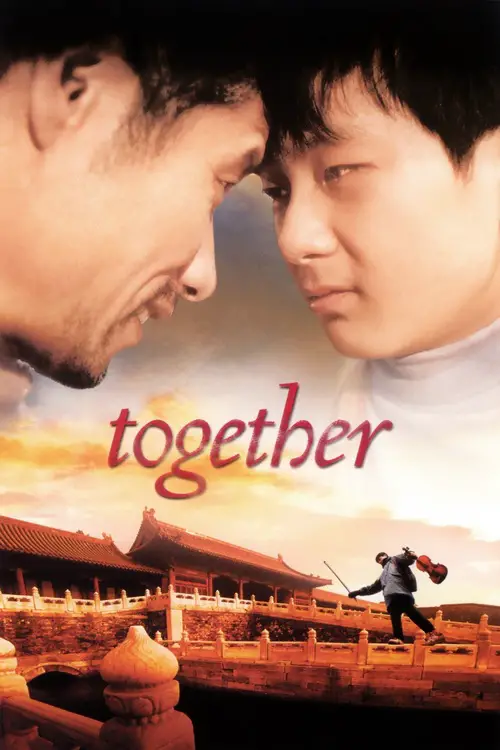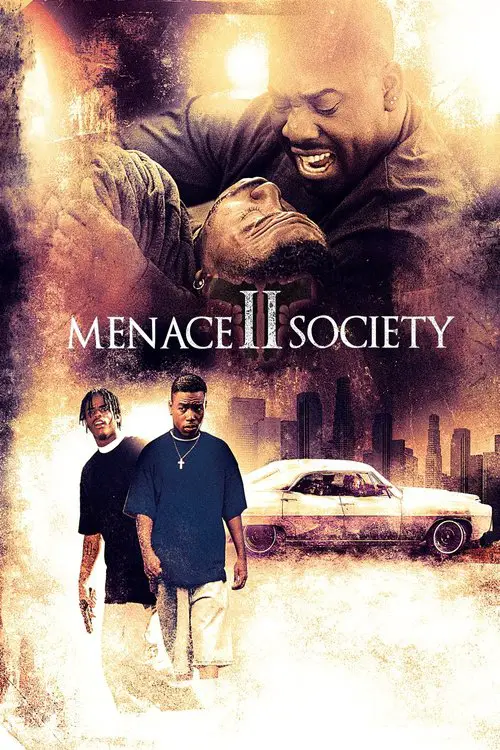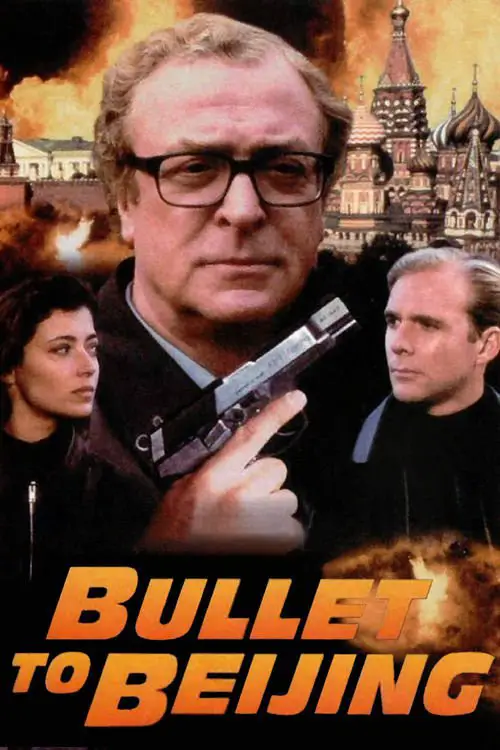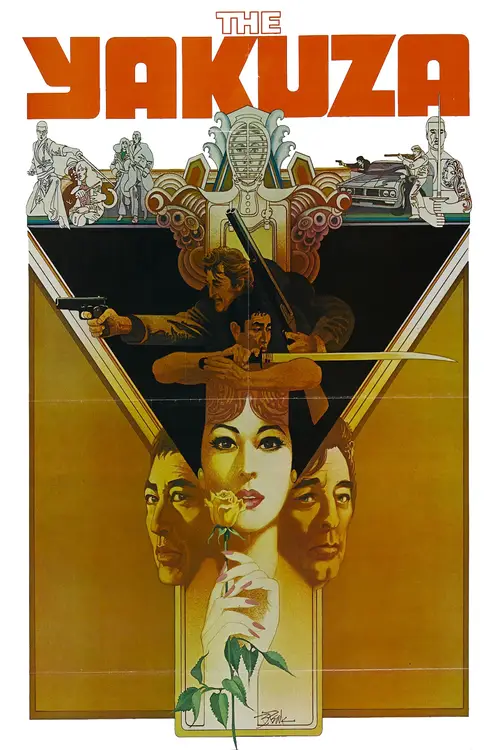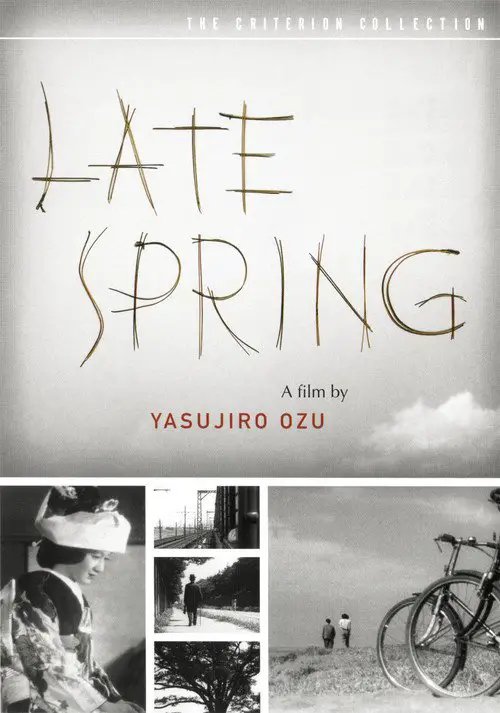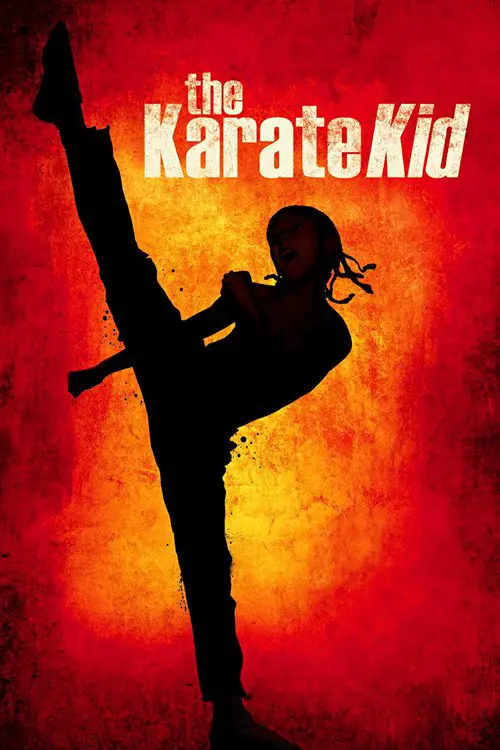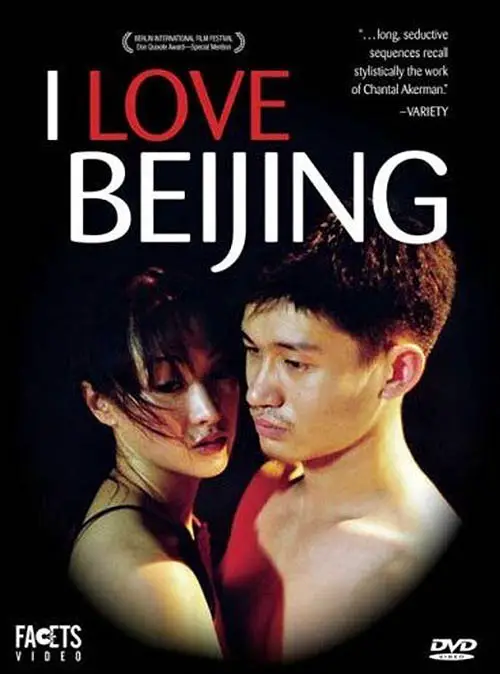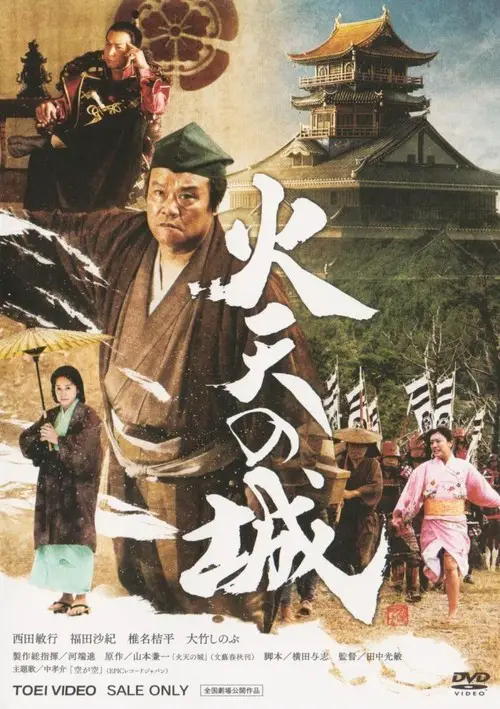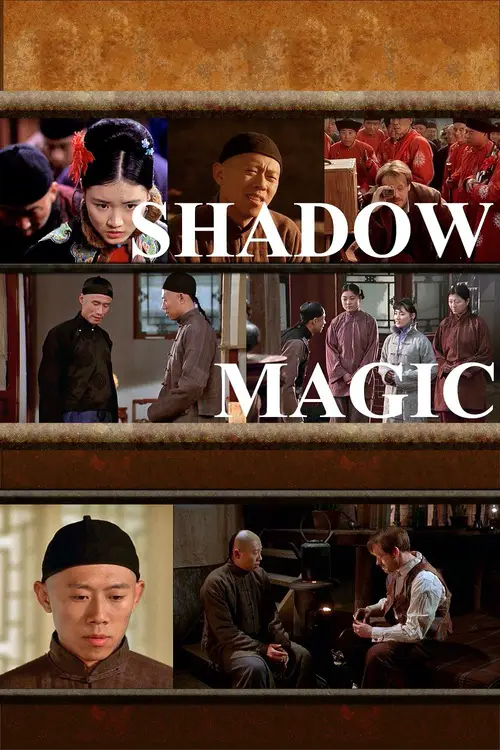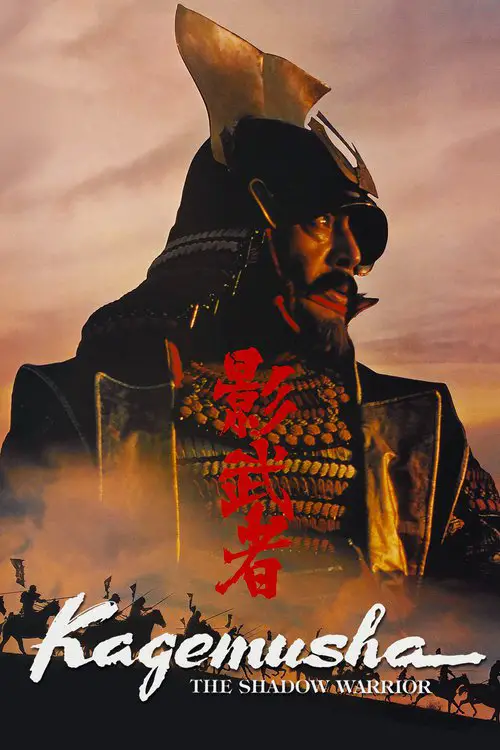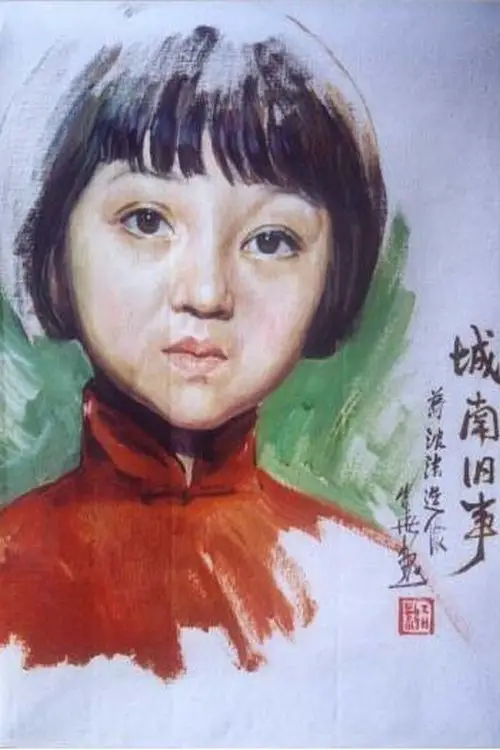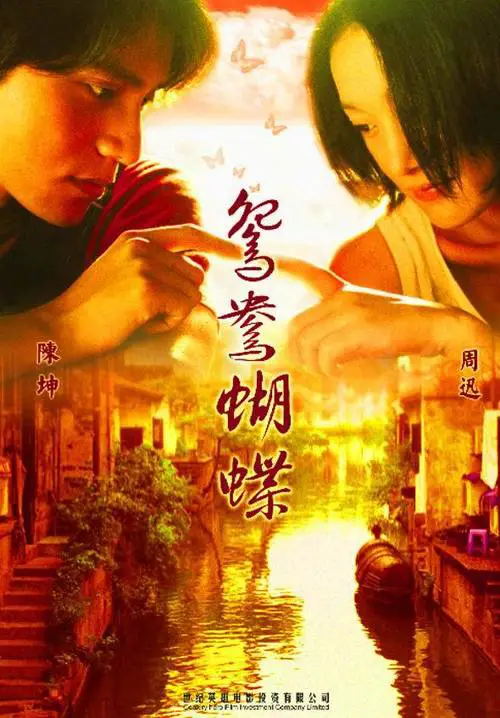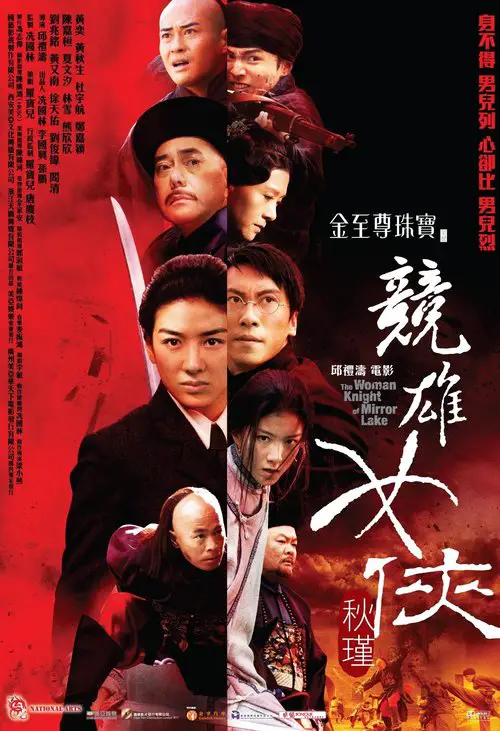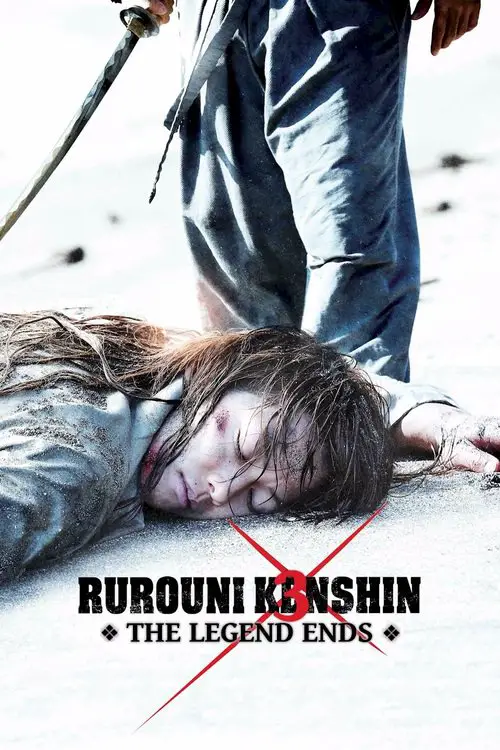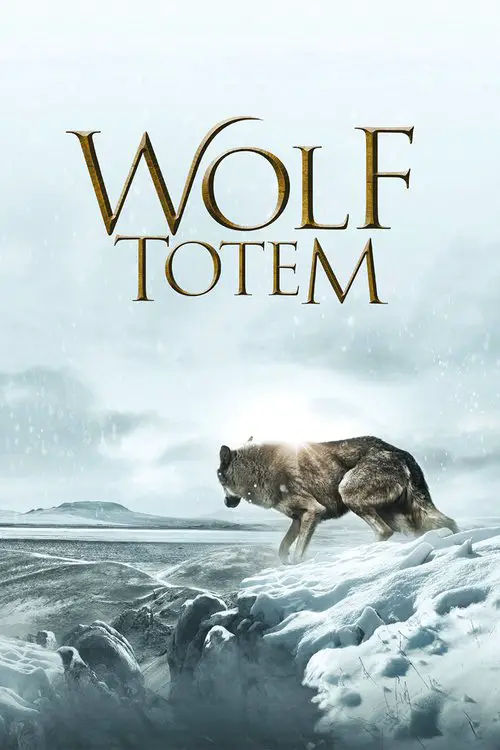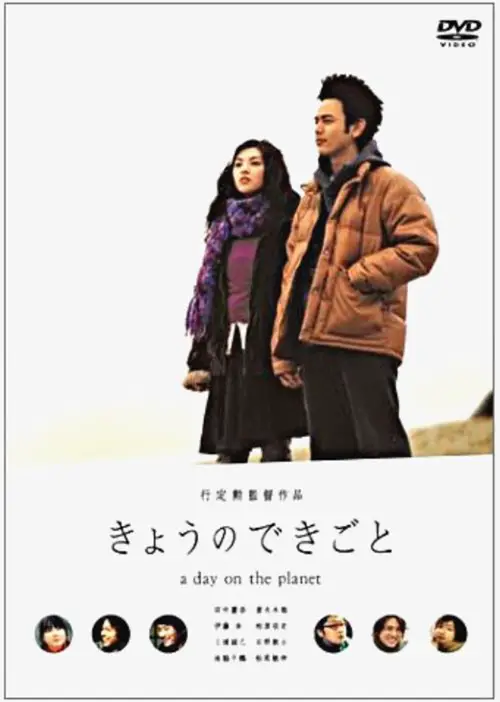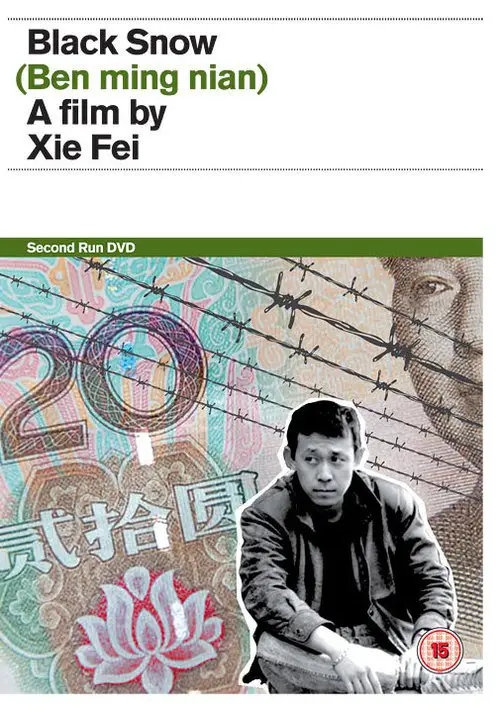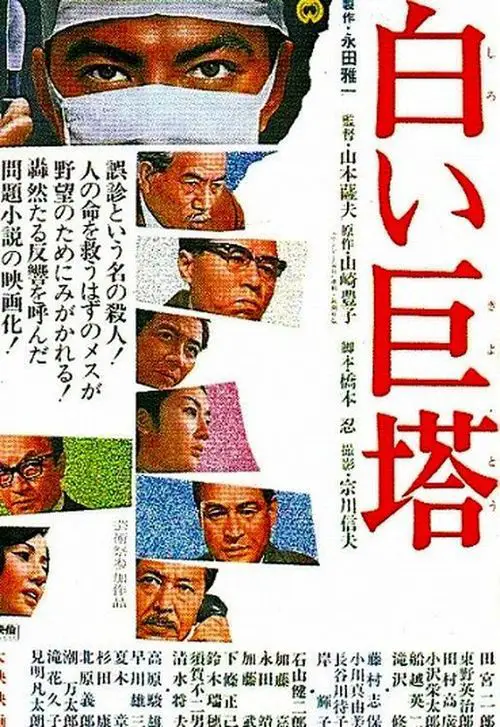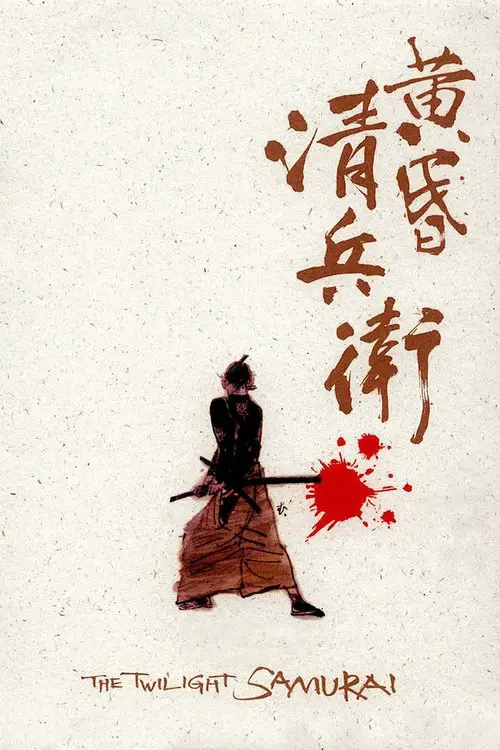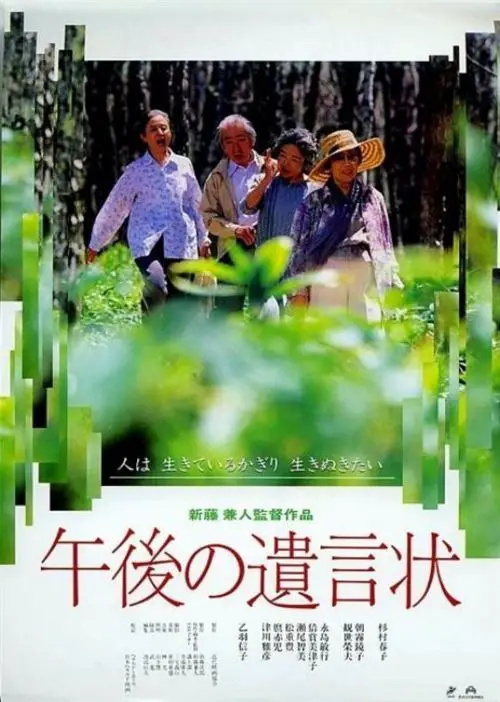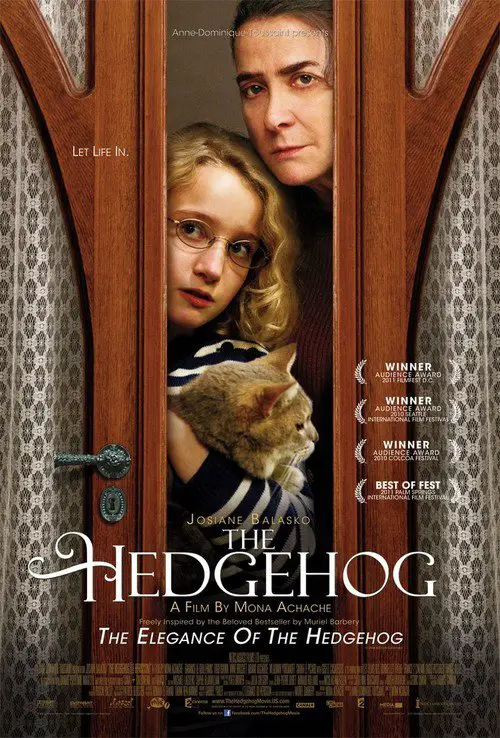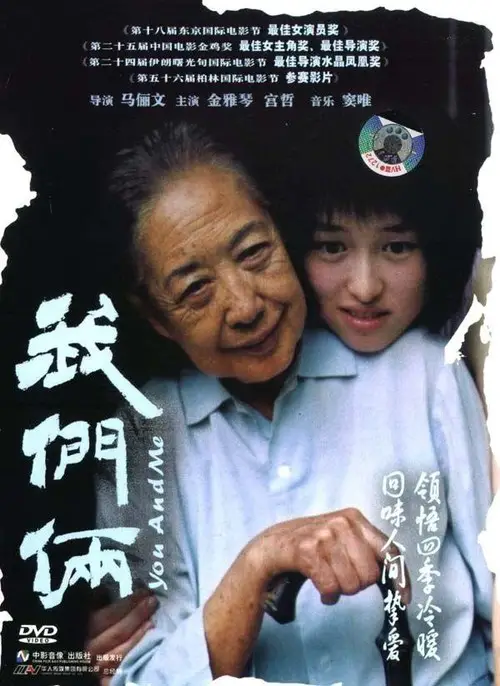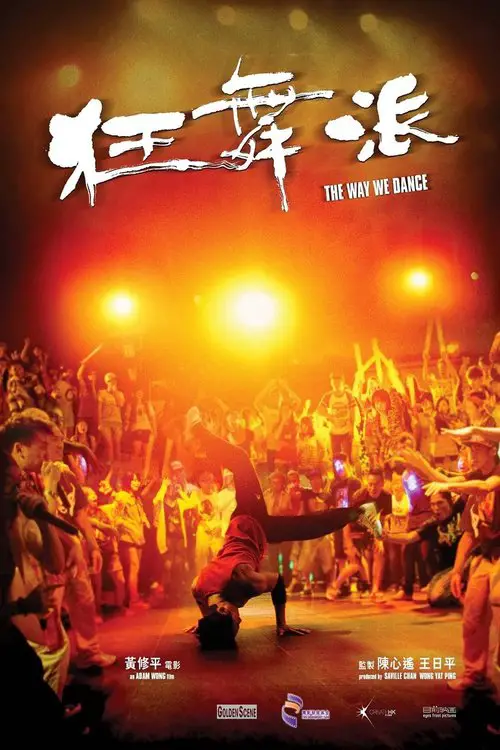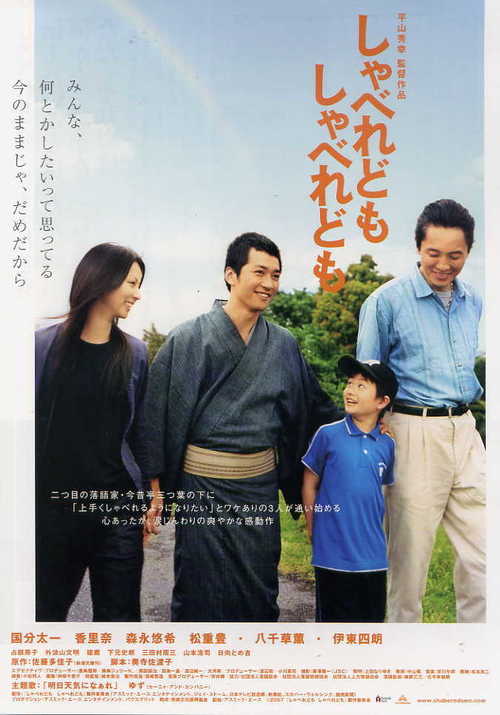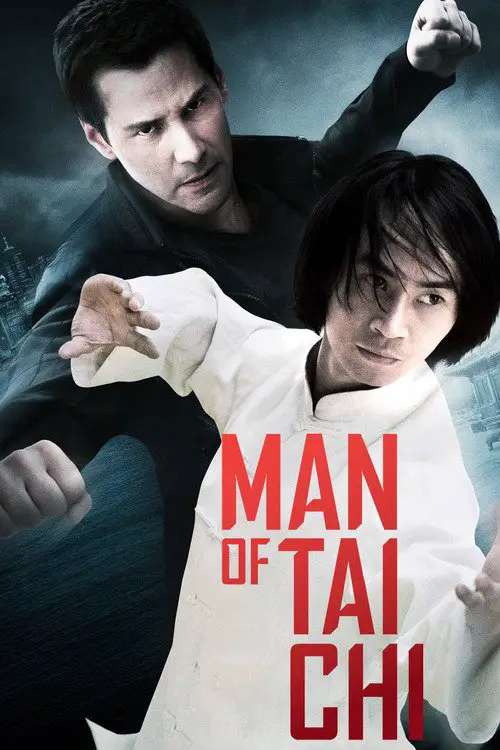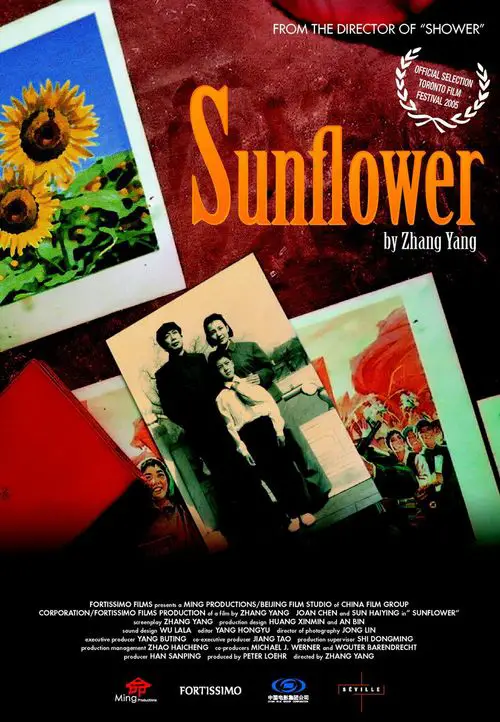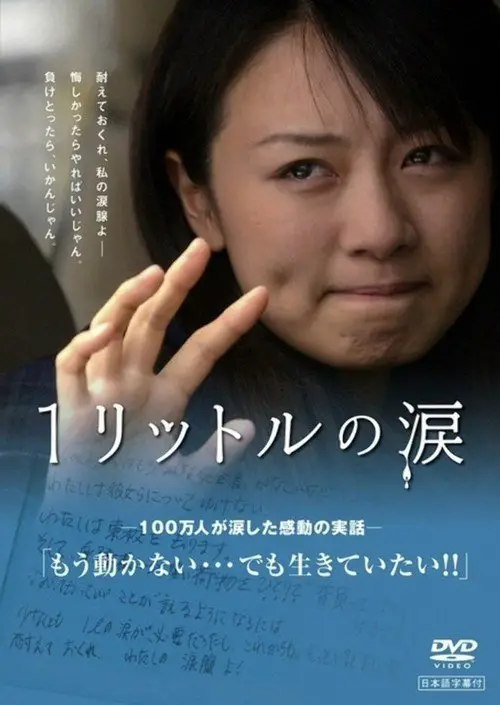Kyoto Story (2010)
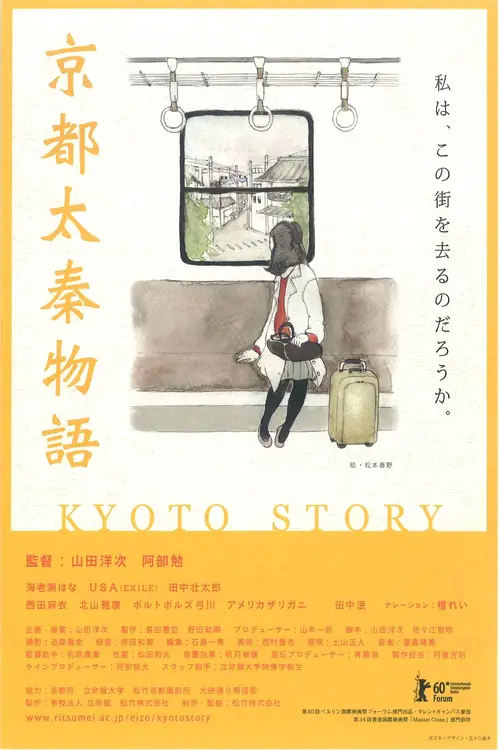
Similar movies
The chief spokesperson and lobbyist Nick Naylor is the Vice-President of the Academy of Tobacco Studies. He is talented in speaking and spins argument to defend the cigarette industry in the most difficult situations. His best friends are Polly Bailey that works in the Moderation Council in alcohol business, and Bobby Jay Bliss of the gun business own advisory group SAFETY. They frequently meet each other in a bar and they self-entitle the Mod Squad a.k.a. Merchants of Death, disputing which industry has killed more people. Nick's greatest enemy is Vermont's Senator Ortolan Finistirre, who defends in the Senate the use a skull and crossed bones in the cigarette packs. Nick's son Joey Naylor lives with his mother, and has the chance to know his father in a business trip. When the ambitious reporter Heather Holloway betrays Nick disclosing confidences he had in bed with her, his life turns upside-down. But Nick is good in what he does for the mortgage.
A delightful dramatic comedy, a buddy picture, and, for good measure, a heist film. Curmudgeonly old Frank lives by himself. His routine involves daily visits to his local library, where he has a twinkle in his eye for the librarian. His grown children are concerned about their fatherâs well-being and buy him a caretaker robot. Initially resistant to the idea, Frank soon appreciates the benefits of robotic support â like nutritious meals and a clean house â and eventually begins to treat his robot like a true companion. With his robotâs assistance, Frankâs passion for his old, unlawful profession is reignited, for better or worse.
Based on the internationally acclaimed novel by Arthur Golden, Memoirs of a Geisha is a sweeping romantic epic set in a mysterious and exotic world that still casts a potent spell today. The story begins in the years before WWII when a penniless Japanese child is torn from her family to work as a maid in a geisha house.
Near the end of the nineteenth century, as the balance of power shifts from Shogunate towards the Emperor, Japan restlessly awaits the dawning of a new age. But not all are content...The Shinsengumi, a small army of samurai, farmers and peasants, band together to do battle against the tide of history. Their leader, Isami Kondo (Mifune) is a man who rises from farmer to fighter to head the fierce Shinsengumi brigade. Using a stern hand and a heart of gold, he rallies his men in defense of the tottering Shogunate. But bloodshed and treachery lurk around every corner.
A movie studio is being torn down. TV interviewer Genya Tachibana has tracked down its most famous star, Chiyoko Fujiwara, who has been a recluse since she left acting some 30 years ago. Tachibana delivers a key to her, and it causes her to reflect on her career; as she's telling the story, Tachibana and his long-suffering cameraman are drawn in.
Umekichi, a geisha in the Gion district of Kyoto, feels obliged to help her lover Furusawa when he asks to stay with her after becoming bankrupt and leaving his wife. However her younger sister Omocha tells her she is wasting her time and money on a loser. She thinks that they should both find wealthy patrons to support them. Omocha therefore tries various schemes to get rid of Furusawa, and set themselves up with better patrons.
Against the background of an Australian desert landscape, so much space and so few people, Sandy, a geologist, and Hiromitsu, a Japanese businessman, play out a story of human inconsequence in the face of the blistering universe. The end of the journey leaves no-one capable of going back to where they started from.
Kenshin has settled into his new life with Kaoru and his other friends when he is approached with a request from the Meiji government. Makoto Shishio, a former assassin like Kenshin, was betrayed, set on fire and left for dead. He survived, and is now in Kyoto, plotting with his gathered warriors to overthrow the new government. Against Kaoru's wishes, Kenshin reluctantly agrees to go to Kyoto and help keep his country from falling back into civil war.
The story of Ryoma Sakamoto, considered to be the architect behind the downfall of the Tokugawa shogunate. He was considered an outlaw by his own clan, hunted by his government, and was despised by supporters of the Shogun as well as the Loyalists for desiring the opening of Japan to the West in order to learn its technology, in the hopes of one day defeating the West with a modern army and navy.
In the post-war Gion district of Kyoto, the geisha Miyoharu agrees to apprentice the 16 year-old Eiko, whose mother was a former geisha who had just died. After a year of training they have to find a large sum of money before Eiko can debut. Miyoharu borrows the money from the tea-house owner, Okimi, who in turn obtains the money from the businessman Kusuda. Kusuda fancies Eiko himself and wants to give Miyoharu to Kanzaki in order to close a large business deal. However both geishas have minds of their own and, going against tradition, want to be able to say no to clients. Written by Will Gilbert
This sensuously beautiful film chronicles the activities of four sisters who gather in Kyoto every year to view the cherry blossoms. It paints a vivid portrait of the pre-war lifestyle of the wealthy Makioka family from Osaka, and draws a parallel between their activities and the seasonal variations in Japan.
As a Labrador puppy, Quill is sent to live with a couple, Isamu and Mitsuko Nii, who work as volunteers, training guide dogs (seeing eye dogs). When he grows to an adult dog, he is taken to a guide dog school, by a friendly, yet firm trainer Satoru Tawada. Although Quill is a little slower than the other dogs at the school, he seems to have an unusual 'empathy' and remarkable patience with his trainers. Tawada decides that Quill would be the ideal guide dog for Mitsuru Watanabe, but Wanatabe, a lonely and ill-tempered middle aged man, isn't as enthusiastic - he would "would rather sleep than be dragged around by a dog.". From here, the story is narrated by Wanatabe's daughter, Mitsuko, and slowly, Wantanbe is rehabilitated, venturing into the outside world, and learning, not only to trust other humans, but the animal at his side who guides him.
âThe Worldâ is a theme park on the outskirts of Beijing, sixteen kilometers from the Chinese capital, designed around scaled representations of the worldâs famous landmarks such as the Eiffel Tower or the Leaning Tower of Pisa.The site is seen here not from the visitorsâ point of view but through the eyes of a few of its staff, lonely people, communicating poorly, a bit disillusioned with life, glittering for the tourists but dull and restricted as far as they are concerned.
When a violin prodigy Xiaochun and his father head to Beijing seeking fame and fortune, they soon discover a fierce world of cutthroat ambition. But when Xiaochun is "adopted" by a famous music tutor, success finally seems within reach - until a shocking discovery begins to unravel his entire world, and the boy must make the most difficult choice of his life. Can he achieve the fame his father had always hoped for without losing the extraordinary passion that sets him apart?
When long-time British agent Harry Palmer loses his job because the Cold War is over, he's promptly approached by a Russian bossman, Alex. In St. Petersburg Alex tells Harry of his plan for Russia's future, which is threatened because a deadly biochemical weapon called the Red Death has been stolen from him. He'll pay Harry handsomely to retrieve it. An ex-spy friend tips Harry off that it's being sent to Beijing by train, aboard which we begin to learn whose side everyone's really on.
In the post-WWII Japan, the twenty-seven year-old Noriko Somiya lives a simple but happy life with her fifty-seven year-old widower father, the college professor Shukichi Somiya in the suburb of Tokyo. Noriko has recovered from a disease she had during the war, and her aunt Masa Taguchi and her friend Aya Kitagawa press her to get married. However, Noriko would rather stay single and taking care of her beloved father. When Masa finds a promising fiancé to Noriko, she tells that her father will remarry sooner, forcing the reluctant Noriko to take a decision.
12-year-old Dre Parker could have been the most popular kid in Detroit, but his mother's latest career move has landed him in China. Dre immediately falls for his classmate Mei Ying but the cultural differences make such a friendship impossible. Even worse, Dre's feelings make him an enemy of the class bully, Cheng. With no friends in a strange land, Dre has nowhere to turn but maintenance man Mr. Han, who is a kung fu master. As Han teaches Dre that kung fu is not about punches and parries, but maturity and calm, Dre realizes that facing down the bullies will be the fight of his life.
Filmmaker Ning Ying returns to her favorite theme â the gradual decay of traditional Chinese values and culture at the dawn of the 21st century â in this low-key drama. Desi (Yu Lei) is a cab driver who has recently broken up with his wife. Lonely, Desi is searching for a new love, and as he drifts through Beijing in search of fares and a girlfriend, he sees a city that is increasingly bending to the influence of the West, with traditional pastimes and customs forced to make way for the onslaught of the free-market economy. Xia Ri Nuan Yangyang has been screened on the international film festival circuit in two different versions; the cut shown at the 2001 Rotterdam Film Festival ran 99 minutes, while the film was only 79 minutes when it appeared at the Berlin Film Festival that same year.
The year is 1575 in feudal Japan. Oda Nobunaga's (Kippei Shiina) forces defeat Takeda Katsuyori, when Nagashino Castle was besieged during the Battle of Nagashino. The next year Oda Nobunada decides to build a lavish new castle symbolizing his unification of various factions. The castle named Azuchi Castle will be built near water and high enough to be seen from the capital city of Kyoto.
Beijing, 1902: an enterprising young portrait photographer named Liu Jinglun, keen on new technology, befriends a newly-arrived Englishman who's brought projector, camera, and Lumière-brothers' shorts to open the Shadow Magic theater. Liu's work with Wallace brings him conflict with tradition and his father's authority, complicated by his falling in love with Ling, daughter of Lord Tan, star of Beijing's traditional opera. Liu sees movies as his chance to become wealthy and worthy of Ling. When the Shadow Magic pair are invited to show the films to the Empress Dowager, things look good. But, is disaster in the script? And, can movies preserve tradition even as they bring change?
Country girl Yu Hong leaves her village, her family and her lover to study in Beijing. At university, she discovers an intense world of sexual freedom and forbidden pleasure. Enraptured, compulsive, she falls madly in love with fellow student Zhou Wei. Driven by obsessive passions they can neither understand nor control, their relationship becomes one of dangerous games - betrayals, recriminations, provocations - as all around them, their fellow students begin to demonstrate, demanding democracy and freedom. Was the only Asian film selected to compete for the Palme d'Or in 2006. In September of 2006, director Lou Ye was barred from making movies for five years because the film incorporated footage of the Tiananmen Square demonstrations and wasn't screened for Chinese officials. The Chinese government also demanded that all copies of the film be confiscated
My Memories of Old Beijing, a feature film based on Lin Haiyinâs novel of the same title and directed by Wu Yigong in 1982, is called a prose-like film for its unique artistic pursuit. The film shows the society and the miserable life of the people in the 1920s in Beijing through the eyes of a naive girl. The film is uniquely arranged. Instead of organizing the plot with a beginning, development, climax and conclusion, it features a keynote of sorrows and yearning for the past and a string-styled plot that links three separate stories. Like a multifaceted mirror, it reflects the historical scenes from different angles. The film has its content centering on the charactersâ psychology and supplemented with music; an artistic form of expression featuring a gentle rhythm, symbolism, implication, comparison, and repetition; and a tranquil, concise conception similar to a Chinese wash drawing.
Xiao Yu (Zhou), a barista and cake maker in a teahouse-café by Westlake in Hangzhou. Since a car crash long ago, she had been leading a peaceful life with her kind-hearted best friend and fellow car crash survivor Tong (Yim) who is unabashed in admitting that his feelings for Xiao Yu have developed into love. One day A Qin (Chen) celebrates his birthday alone in her café. Xiao Yu's curiosity sparks off their dialogues and both discover they have many parallels. But A Qin is a player who is escaping to Hangzhou from the pressures of his relationships in Beijing and Xiao Yu is pursued by Tong ... What will be their choices?
When the women of her time had their feet bound to please men, Qiu Jin was already questioning the sexual inequality of feudal traditions. Free-spirited and well-educated, she grew up practicing martial arts and was as well versed in poetry as she was in sword-fighting. When this rebellious girl moved to Beijing with her husband, she witnessed how her country was raided and ravaged by foreign powers. With the encouragement of her neighbor Wu Zhiying, the wife of righteous magistrate Li Zhongyue, Qiu Jin left her family behind to pursue study in Japan. There, she met some like-minded schoolmates who shared her ideals, including revolutionary leader Xu Xilin, and secretly joined his anti-Qing cause. After returning to China, Qiu Jin participated in the uprisings staged by Xu Xilin, leading a small group of hot-blooded students against the armed forces of the corrupt Qing government...
In 1969, a young Beijing student, Chen Zhen, is sent to live among the nomadic herdsmen of Inner Mongolia. Caught between the advance of civilization from the south and the nomads' traditional enemies - the marauding wolves - to the north; humans and animals, residents and invaders alike, struggle to find their true place in the world
Seven friends gather at a party in Kyoto to celebrate Masamichi's entry to graduate school. Maki & her boyfriend Nakazawa join the party and get drunk easily after the friendship reunion. Kate has a crush on one of the cute guy who doesn't have any interests on her though. The cheerful and unforgettable night is full of joy while the whales and the thief incidents also attract the attention of them. Before the sunrise, seven friends meet again on the beach so as to witness the fade of youth days.
Winner of the Silver Bear in Berlin in 1990, Xie Feiâs film is a politically daring tale of urban alienation and despair. A former prisoner, played by the great Chinese actor Jiang Wen, arrives back in his native Beijing to find that he has no family or prospects or friends, just his underworld contacts trying to drag him back into a life of crime... Taking the classic crime thriller âhookâ â ex-con struggling to go straight â Black Snow emerges as a powerful study of displacement. It takes place at the shattering juncture of the student movement and the Tiananmen Square protests of 1989 and vividly captures the social impact of potential political change at that time.
The story contrasts the life of two doctors, former classmates and now both assistant professors at Naniwa University Hospital in Osaka. The brilliant and ambitious surgeon Goro Zaizen stops at nothing to rise to a position of eminence and authority, while the friendly Shuji Satomi busies himself with his patients and research.
A data courier, literally carrying a data package inside his head, must deliver it before he dies from the burden or is killed by the Yakuza. In a dystopian 2021, Johnny (Keanu Reeves) is a data trafficker who has an implant that allows him to securely store data too sensitive for regular computer networks. On one delivery run, he accepts a package that not only exceeds the implant's safety limits - and will kill him if the data is not removed in time - but also contains information far more important and valuable than he had ever imagined. On a race against time, he must avoid the assassins sent to kill him and remove the data before it, too, ends his life.
Seibei Iguchi leads a difficult life as a low ranking samurai at the turn of the nineteenth century. A widower with a meager income, Seibei struggles to take care of his two daughters and senile mother. New prospects seem to open up when the beautiful Tomoe, a childhood friend, comes back into he and his daughters' life, but as the Japanese feudal system unravels, Seibei is still bound by the code of honor of the samurai and by his own sense of social precedence. How can he find a way to do what is best for those he loves?
Paloma is a serious and highly articulate but deeply bored 11-year-old who has decided to kill herself on her 12th birthday. Fascinated by art and philosophy, she questions and documents her life and immediate circle, drawing trenchant and often hilarious observations on the world around her. But as her appointment with death approaches, Paloma finally meets some kindred spirits in her building's grumpy janitor and an enigmatic, elegant neighbor, both of whom inspire Paloma to question her rather pessimistic outlook on life.
Xiaoma, a young woman who has recently moved to Beijing, finds an apartment in an old courtyard apartment complex owned by Grandma, an elderly woman. Xiaoma and Grandmaâs relationship almost immediately becomes strained. After trying to tidy up the courtyard, Grandma insists that Xiaoma turn over her share of the profits. Tightfisted, the elderly landlady resists even allowing Xiaoma to install a telephone. At the same time the older woman becomes increasingly interested in Xiaomaâs personal (and romantic) life. Grandma, for example, tries to pass off her grandson to the younger woman. Annoyed, Xiaoma nevertheless is flattered at the older womanâs concern. Over the course of four seasons, Xiaoma begins to learn from her landlady of the old world that the modern city of Beijing has left behind, while Grandma begins to enjoy the youth and vitality of her tenant. The two women become closer and eventually develop a deep friendship.
Leaving her parentsâ tofu restaurant behind, aspiring dancer Fleur enters university and promptly joins the hip-hop dance club. Her idiosyncratic moves are too advanced for the other dancers, but she finds approval from the chairman of the Tai Chi club, who encourages her to make contact with her inner martialartist.
Sunflower is the story of the Zhang family in Beijing father, mother and son across three decades, centering on the tensions and misunderstandings between father and son. Nine-year-old Xiangyang is having the time of his life, free of adult supervision until the day he meets the father he can hardly remember. Having spent years away, he returns with strong ideas about his son learning to draw. But Xiangyang chafes under his father's constant rules and soon stages his own revolution against the lessons enforced.
After a 13-year imprisonment for the kidnap and murder of a 6 year old boy, beautiful Lee Guem-ja starts seeking revenge on the man that was really responsible for the boy's death. With the help of fellow inmates and reunited with her daughter, she gets closer and closer to her goal. But will her actions lead to the relief she seeks?
An aged father and his younger, mentally challenged son have been working hard every day to keep the bathhouse running for a motley group of regular customers. When his elder son, who left years ago to seek his fortune in the southern city of Shenzhen, abruptly returns one day, it once again puts under stress the long-broken father-son ties. Presented as a light-hearted comedy, Shower explores the value of family, friendship, and tradition.
15-year-old Ikeuchi Aya was an ordinary girl, the daughter of a family who works at a tofu shop, and a soon-to-be high schooler. However, odd things have been happening to Aya lately. She has been falling down often and walks strange. Her mother, Shioka, takes Aya to see the doctor. How will Aya react when told about her disease? And how will Aya live from now on?
A look at modern-day life in China's capital centered on a ménage-a-quatre involving a young woman, her boss, her husband and her boss's wife. Massage girl Pingguo (Apple) (The stunning Fan Bingbing) lives in a cramped apartment with her bad-tempered window cleaner husband Kun (Tong Dawei), barely eking by on their miniscule pay. When Pingguo gets raped by her boss Lin (Tony Leung) one afternoon, Kun, who is washing the windows of the building, witnesses the act. The enraged Kun tries to get even first by (unsuccessfully) blackmailing Lin, then by sleeping with Lin's wife (Elaine Kam). The relationships get even more tangled when Pingguo discovers she's pregnant. With the paternity of the baby up in the air, Kun, who is eager for money, strikes a deal with Lin, who is eager for a son.
© Valossa 2015–2025
| Privacy Policy



